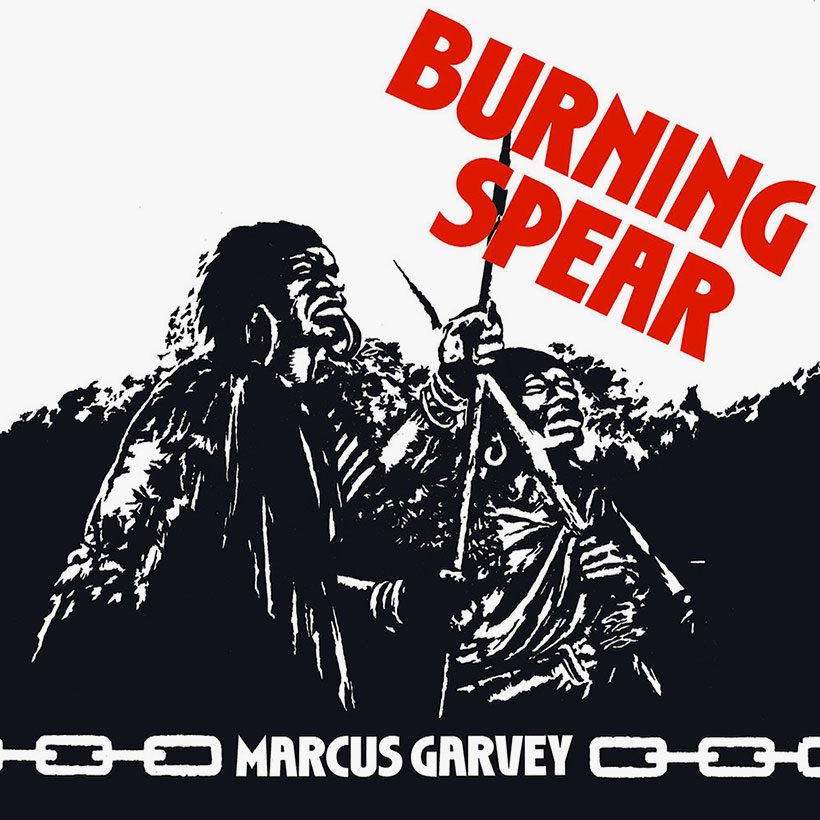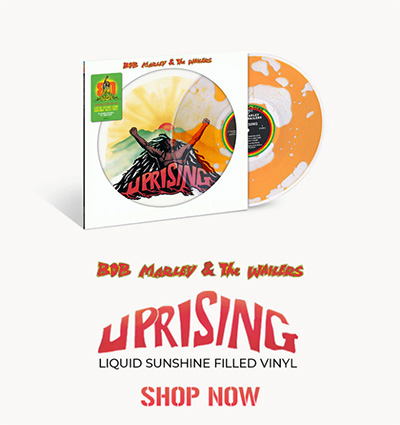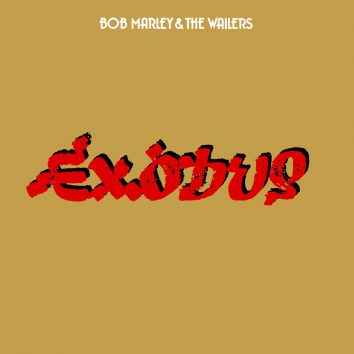How Burning Spear Hit The Mark With The Timeless Classic, ‘Marcus Garvey’
A slice of militant reggae as potent as it comes, Burning Spear’s ‘Marcus Garvey’ album encouraged a generation to find its Rastafari roots.

There is a reason why many fans cite Burning Spear’s Marcus Garvey as the greatest reggae album ever made. Such definitive claims are impossible to verify, but if you’re looking for a coherent, properly-thought-out, brilliantly produced, sung-from-the-heart album, with songs that stick with you and are written about a subject the singer clearly cares deeply about – and who isn’t? – you have come to the right place.
Listen to Marcus Garvey on Apple Music and Spotify.
Released on December 12, 1975, and a word-of-mouth success rather than an overnight one, Burning Spear’s third album might as well have been his first for all the impact his previous records had made, fine though they are. In fact, “his” is not an entirely accurate description here. Marcus Garvey presents a three-piece vocal ensemble, though there’s no doubt the main man is Burning Spear, aka Winston Rodney: he of the hoarse, totally committed, soul-stirring voice. In support, Rupert Wellington and Delroy Hines offer backing vocals that serve to emphasize just how brilliant the lead lines are.
Rodney’s previous work at Studio One had been fine as far as it went, and was retrospectively much-loved, but here he sounds fired up, like he’s at last found the situation he needed to be truly free with his music. Rodney gets the credit for the magical arrangements, but accolades must also go to Jack Ruby, Rodney’s local sound man on Jamaica’s north coast. Ruby (real name Laurence Lindo) gives Spear’s creativity room to move amid exemplary playing from some of reggae’s greatest musicians. The results are close to perfection.
Doubtless the aim here was not just to make a fabulous record; it was for Spear to put across his Rastafarian beliefs and draw attention to the philosophy of Marcus Garvey, the Jamaican political philosopher whose Pan-Africanism movement came close to bringing about the Rasta ideal of former slaves returning to the homeland. From the opening line of the title track, Spear is intent on putting across Garvey’s relevance to the modern poor in Jamaica, and is asking why, on “Old Marcus Garvey,” other black nationalists and philosophers are remembered and eulogized when the founder of the Black Star Line goes unmentioned.
“Slavery Days” reminds the listener why Jamaica’s poor are in the condition they are in; “Invasion” identifies the diaspora and wonders why black people are united elsewhere but not in Jamaica. “Live Good,” with its flute winding around the melody, is a musical Eden, in contrast to the subject matter, with a resigned Spear trying to do his best in the face of injustice – whether personal or general is not made clear. “Jordan River” and “Red, Gold And Green” rock minor keys, the former steadily rising to a swirling eddy, while the latter is as deep as the river itself, dark and full of fertile waters. “Tradition” has a stepping militancy, a march made light with the rural, human-level atmosphere of the music, as Spear sings of a culture that traces back thousands of years. “Give Me” calls for justice; “Resting Place,” with Spear looking for relief from his travails, deserves its position as the closing track, which makes it seem strange that the song was omitted from the original Jamaican pressing of the album and kept as a single.
Though this is reggae militancy as potent as it comes, it’s presented in an utterly accessible way and with a sense of space that belongs to the rural Jamaica where Winston Rodney sprang from. The record’s success, beyond its obvious artistic brilliance, can be traced to the facts that so many of its songs were covered by other reggae stars to become hits; that it made Jack Ruby a force in reggae despite his inexperience as a producer; that it made Spear a star; and that it had a broader cultural effect: suddenly Marcus Garvey was back on the agenda of black politics, and the record encouraged numerous black youths to remember their roots, let their hair knot, and go to Rastafari.
So Spear did what he set out to do. And in doing so, he gave us an album of unarguable brilliance: inspired, civilized, black, proud and beautiful.















David Garvin
December 12, 2018 at 7:26 pm
I would highly recommend the compilation CD of Marcus Garvey and Garvey’s Ghost (the dub album from this masterpiece). Easy to find on Discogs.